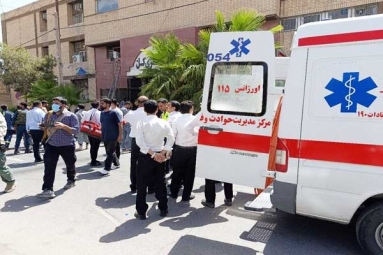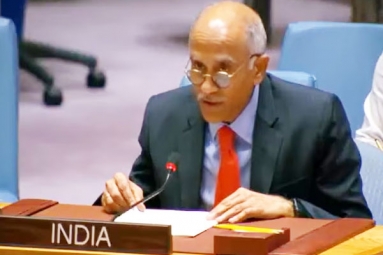
(Image source from: Canva.com)
The Central Drugs Standard Control Organisation (CDSCO) has instructed all state and union territory drug regulators to make sure that Ranitidine manufacturers, a widely used medicine for acidity, check for NDMA levels, which is a possible cancer-causing contaminant, in both the main ingredient (API) and the drug products. The CDSCO has also recommended cutting down the shelf life as a safety measure.
This action comes from Dr Rajeev Singh Raghuvanshi, the Drugs Controller General of India (DCGI), after a suggestion by the Drugs Technical Advisory Board (DTAB) during its 92nd meeting on April 28, 2025. The Board looked over a report from a committee formed last December to investigate impurity issues related to Ranitidine. Following this review, DTAB has requested a bigger committee to look into all factors of the matter, including how storage practices might lead to NDMA development.
Moreover, the Board has suggested that the Indian Council of Medical Research (ICMR) carry out a study to better evaluate the long-term safety of Ranitidine considering the presence of NDMA. Manufacturers are now advised to implement measures based on risk, such as shortening shelf life, changing storage instructions, and improving NDMA testing processes throughout their supply chains. "Ranitidine is categorized as a Group 2A carcinogen by the International Agency for Research on Cancer (IARC), indicating that it is likely a human carcinogen. It should not be prescribed when there are safer options available like Famotidine and Pantoprazole," stated Dr Abhishek Shankar, an Oncologist at AIIMS Delhi. NDMA is recognized as a likely human carcinogen, and its presence in drugs has led to increased global regulation in recent years. Ranitidine, often used for managing acid reflux and ulcers, was pulled from various markets, including the US, because dangerous levels of NDMA were discovered in some samples.
"Ranitidine was frequently prescribed before. Its use has decreased in most major cities, but it is still given in Tier 1 and Tier 2 cities, especially at primary healthcare facilities. In my experience, the drug has shown NDMA impurities; the FDA has also banned its use in high doses. The DGCI must establish limit levels for NDMA in this medication," remarked Dr Lohit Chauhan, a Gastroenterologist at Max Dwarka.







